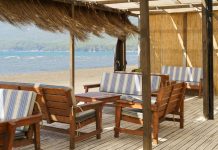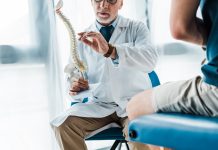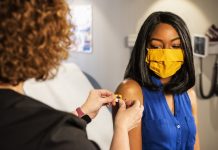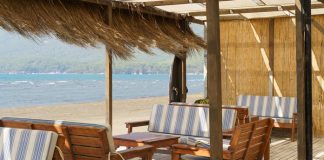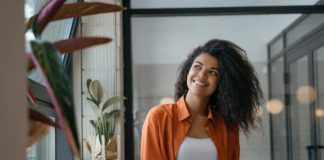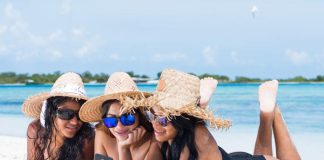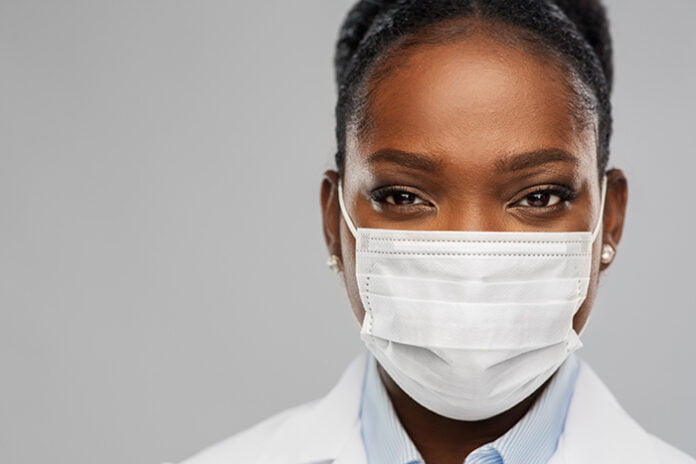
The 2020 COVID-19 pandemic has quickly changed the world as we know it, throwing our comfortable routines out the window. It tore us apart while bringing us together in ways we never imagined. Such an experience must leave a mark on those touched by the disease, whether fighting the virus themselves or helping others through the ordeal. To explore how the outbreak has affected the Caribbean American community, Island Origins spoke with the people whose lives have been forever transformed from the pandemic: from a survivor of the virus to the healthcare workers fighting on the front line.
A Sense of Connection: Dr. Gilda-Rae Grell
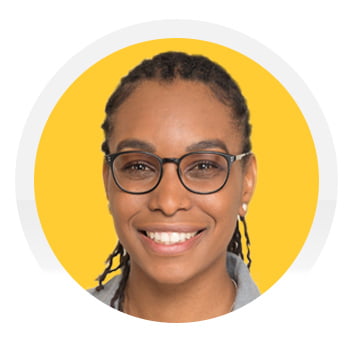
Dr. Gilda-Rae Grell was on the front lines when COVID-19 erupted in early 2020, overwhelming her and her colleagues at the Brookdale University Hospital Medical Center in Brooklyn, N.Y.. The ICU was filled to capacity, and patient beds lined the hallways. By March, the outbreak had completely transformed the resourced-pressed hospital that serves a large Caribbean community. “This is a very poor hospital in a very rough part of the neighbourhood,” said Grell, a native of the island of Dominica.
Her Caribbean background was a useful asset. With the need for clarity and efficiency at an all-time high, her ability to effectively communicate with the people she treated was half the battle. “I can understand what they are saying, and if they are describing their symptoms in a certain Caribbean slang, I can show comprehension and respond to it. And they appreciated it.”
While island kinship was a connector on hospital grounds, outside of work the virus completely disrupted her ability to interact. As the Big Apple fought to “flatten the curve,” businesses, schools, and events all closed. The isolation that resulted took an emotional toll on Grell. “When the pandemic started, I was living with someone, and it was very nerve-racking because you don’t want to infect the person you’re living with,” she recalled about that dark time. “And when people were doing social distancing parties, I wasn’t invited because I was most at-risk.”
Fortunately, she wasn’t actually alone. A deeper bond developed between Grell and her co-workers, who shared the same daily risks and the same challenges at home. As life is slowly creeping back to normal following the decline in confirmed positive cases, her team is still finding refuge in each other and in games of pick-up soccer at the park.
State of Mind: Andrea Munroe Dixon
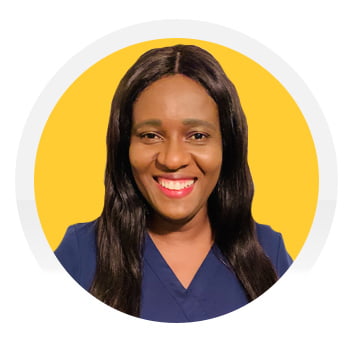 Andrea Munroe Dixon has seen firsthand how the disease can sully the most basic comforts for those in recovery. The simple act of eating, for example, can feel discouraging when you’ve lost your sense of smell and taste—one of the confirmed symptoms of the virus. “I remembered meeting an elderly Jamaican woman who I encouraged to eat anyway,” Dixon said. A positive attitude is always a powerful key to healing, so she told her to “think about it as medicine more than food.” She took time out from running her home care company to return to her roots as a registered nurse, volunteering in COVID-19 treatment wards in STATE.
Andrea Munroe Dixon has seen firsthand how the disease can sully the most basic comforts for those in recovery. The simple act of eating, for example, can feel discouraging when you’ve lost your sense of smell and taste—one of the confirmed symptoms of the virus. “I remembered meeting an elderly Jamaican woman who I encouraged to eat anyway,” Dixon said. A positive attitude is always a powerful key to healing, so she told her to “think about it as medicine more than food.” She took time out from running her home care company to return to her roots as a registered nurse, volunteering in COVID-19 treatment wards in STATE.
Throughout her 19 years caring for others, and as CEO of Sunshine State Healthcare Solutions, she has learned that in addition to medical intervention, emotional support for each person she treats is essential. “Your health and well-being start with your state of mind and how you think positively,” Dixon said. “How you think is how your body reacts. You don’t want to deactivate positive enzymes that create healing and you don’t want to suppress your immune system.”
Dixon’s memories of her childhood in Jamaica include favorite flashbacks of her mother taking her to nursing homes to care for the elderly. This was where she learned that there were more important things in life than dollars and cents. For folks like her, happiness can truly come when you “work from the heart to take care of each other.”
A Survivor’s Counsel: Lester Reid
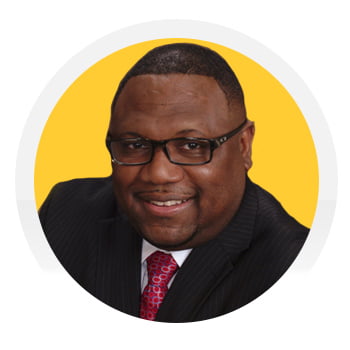
After surviving COVID-19, what Lester Reid will remember most of all was the constant, terrible fight for air. “I just couldn’t breathe,” he recalled of his two weeks battling the disease at Memorial Regional Hospital and Florida Medical Center. “I had pneumonia. It almost took my life.”
His fear was compounded by having to go through this mortal distress alone with no family allowed in the hospital to provide support and comfort. He had only limited social contact with hospital staff, and the isolation “was a pretty strange experience, because [he] couldn’t speak to anybody.” Relief only came when his father was able to pick him up from the hospital after his recovery phase.
The experience affected him both physically and psychologically. He said caring for emotional needs is important for survivors’ mental health. Since his ordeal, he has counselled other survivors as they continue to heal. He advises them to avoid the onslaught of fear filling the news. “Turn off the television and radio, and pay less attention to the negative talk surrounding COVID-19,” shared Reid. “Protect your mind because, if you’re not careful, that’s when depression comes.” Mentoring others comes naturally for the native Jamaican, who is also an associate professor of accounting at Florida Memorial University.
He sees people through a unique lens now. Asked about non-believers who choose not to wear masks, he said: “I can be sure that they don’t have someone personally in their life who caught the virus and went through that devastating experience.”
And whether you’ve been touched personally by it or not, he offers sage advice. “Life is not guaranteed to last forever. How you live with people and how you share your life with people really matters at the end of the day.”
Life and Death: Hadlin Bowen
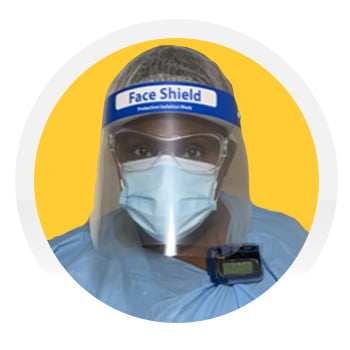
In her years as a nurse, nothing has taught Hadlin Bowen more about the quickness of life and death than this pandemic.
Every patient the England-born daughter of Jamaicans was able to guide back to health felt like a hard-won victory. The nurses at her hospital in Long Island, N.Y. started a tradition celebrating each treasured survivor. When patients were able to return home, the staff played the upbeat “Walking on Sunshine” as they left.
Though many survived, many others did not make it in those first months of the pandemic. Medical professionals struggled to save lives from a novel disease with no established treatment protocols. Losing this fight meant “bagging someone up after working with them for so long,” Bowen said. These deaths felt especially cruel “because patients weren’t able to go home and have a regular funeral.”
She knows firsthand the grief brought on by missing those last moments with a dying loved one. It was losing her own father that first brought her to nursing. In the absence of her patients’ family and friends, she tries to bring comfort in their stead. “The greatest thing I like is bringing a smile to their face,” Bowen said. “I enjoy letting them know that someone cares when they don’t have anyone there for them.”
In those precious moments, “I tell them that God loves them. That is why I am supposed to be there.”


